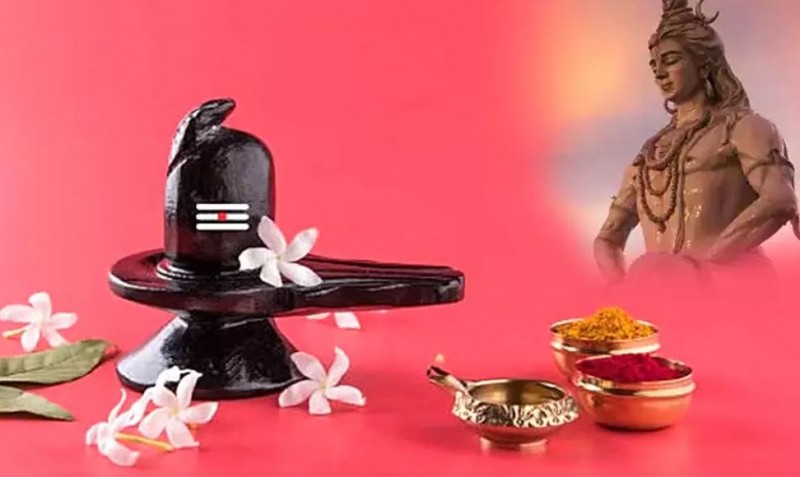
In Hinduism, Lord Shiva, also known as Mahadev, holds a prominent position among the major deities. He is revered as the destroyer of evil and the embodiment of infinite power and knowledge. Devotees across the world express their love and reverence to Mahadev through various acts of devotion, including offering items as symbols of gratitude and devotion. However, there are some things that should not be offered to Mahadev. Today, we will discuss the offerings that Lord Shiva is displeased with...
These are the things that should not be offered to Mahadev:
In the holy texts of Shiva Purana, devotees of Lord Shiva are advised not to offer certain items to their beloved deity. These offerings include ketki flowers, basil leaves, coconut water, turmeric, conch water, and vermilion. Let's explore the stories behind each of these prohibitions...
Ketki flowers:
According to legend, the ketki flower once supported Brahma in a lie, which angered Lord Shiva. In response, Shiva cursed the ketki flower, saying that it would never be offered on the Shivalinga. As a result, offering ketki flowers to Shiva is considered inauspicious.
Basil leaves:
Although basil leaves are of great importance in worship, they are discouraged from being used in the worship of Lord Shiva. The reason for this stems from the story of Lord Shiva's war with the demon Asura Jalandhar, who was Tulsi's husband. Honoring Tulsi's devotion, Lord Shiva deprived himself of the leaves with the divine qualities of Tulsi.
Coconut water:
While coconuts are usually offered on the Shivling, their water should not be used for consecration. The offerings made to the deities have to be accepted, but the substances used for consecrating the Shivalinga are not taken. As a result, coconut water is not offered to Lord Shiva.
Turmeric:
Famous for its fragrance and medicinal properties, turmeric is used in the worship of various deities except Lord Shiva. According to the scriptures, the Shivalinga symbolizes the male element, while turmeric is associated with femininity. Due to this contradiction, turmeric is not offered on the Shivalinga.
Conch water:
The demon Shankhchur once disturbed the gods, due to which Lord Shiva killed him with his trident. The conch shell originated from the ashes of the demon's body. Since Lord Shiva killed the demon with the conch shell, water from the conch is never offered to him.
Sindoor (Kumkum):
Sindoor is considered a symbol of happiness for married women. Women apply vermilion on their foreheads as a blessing for their husband's long and healthy life and offer it to the gods. However, since Lord Shiva is the destroyer, offering sindoor to him is considered inauspicious.
Devotion to Lord Shiva, Mahadev, is a deeply personal and spiritual journey for millions of Hindus. Although offerings are an integral part of this devotion, it is necessary to be conscious of their significance. Avoiding certain offerings is not about fear, but about understanding and respecting the divine nature of Lord Shiva.
Inside Ron DeSantis' Spiritual Journey and Political Path
Unraveling Adolf Hitler's Religious Beliefs: A Complex Historical Inquiry